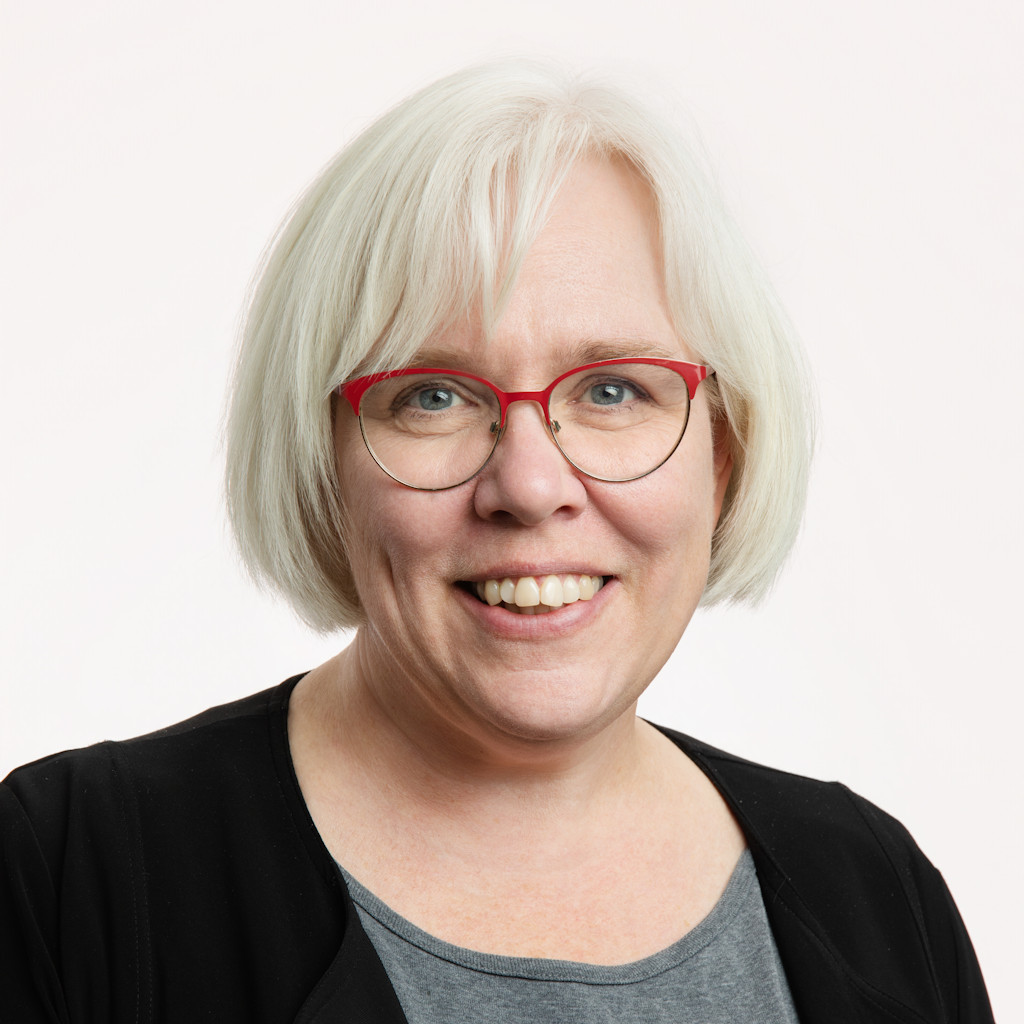
Planner sees need for 'granular' projects to build downtown population
The latest census shows that Edmonton is one of a handful of Canadian cities to see a decline in its downtown population between 2016 and 2021. The decrease is surprising, says urban planner Neal LaMontagne, but he doesn't think it is necessarily a sign that the city is headed in the wrong direction.
"I see a lot of really wonderful green shoots in downtown. But I think it's an indication that it's not easy. Downtown Edmonton is behind the curve for Canadian cities," he told Taproot in response to the 1.1% population decline at a time when the census metropolitan area's total population grew by 7.3%. "It will catch up, I believe. But it's really difficult."
For the purposes of the census, Statistics Canada defines downtown Edmonton as roughly bounded by 111 Avenue to the north and the river to the south, more or less between 123 Street to the west and 82 Street to the east. In addition to the central core, it includes neighbourhoods like Oliver, Queen Mary Park, Boyle-McCauley, and Riverdale.
But Downtown Edmonton Community League president Chris Buyze told CTV News Edmonton that those borders aren't indicative of downtown population growth because the core boundaries are "97 Street to 109 Street and 97 Avenue to 105 Avenue," arguing that within those boundaries the population has gone up 17.5% in the last five years.
LaMontagne, who moved to Edmonton from Vancouver last fall, said regardless, there needs to be a focus on building up the neighbourhoods that border the core of the city, more "granular" projects, and getting people onto the streets.
"It's having places to go: bars, restaurants, art galleries, bookshops — this stuff is everyday life," he said, adding that when there's enough of those amenities, people will pay a space or cost premium to be at the heart of the action.
That's where the University of Alberta lecturer thinks the city needs to improve, instead of "trying to do these home-run things" like the Ice District or Churchill Square.
"(Edmonton) has not been building up that fine-grain stuff that actually drives downtown. And it's starting to, that's why I think it's early stages ... 104th Street is a much better thing than almost anything that's happened downtown," he said.
LaMontagne said if the city continues to improve in that realm, it would also encourage the neighbourhoods bordering the core to take advantage of downtown amenities in the evening, when the bustle created by office workers during the day is quiet.



